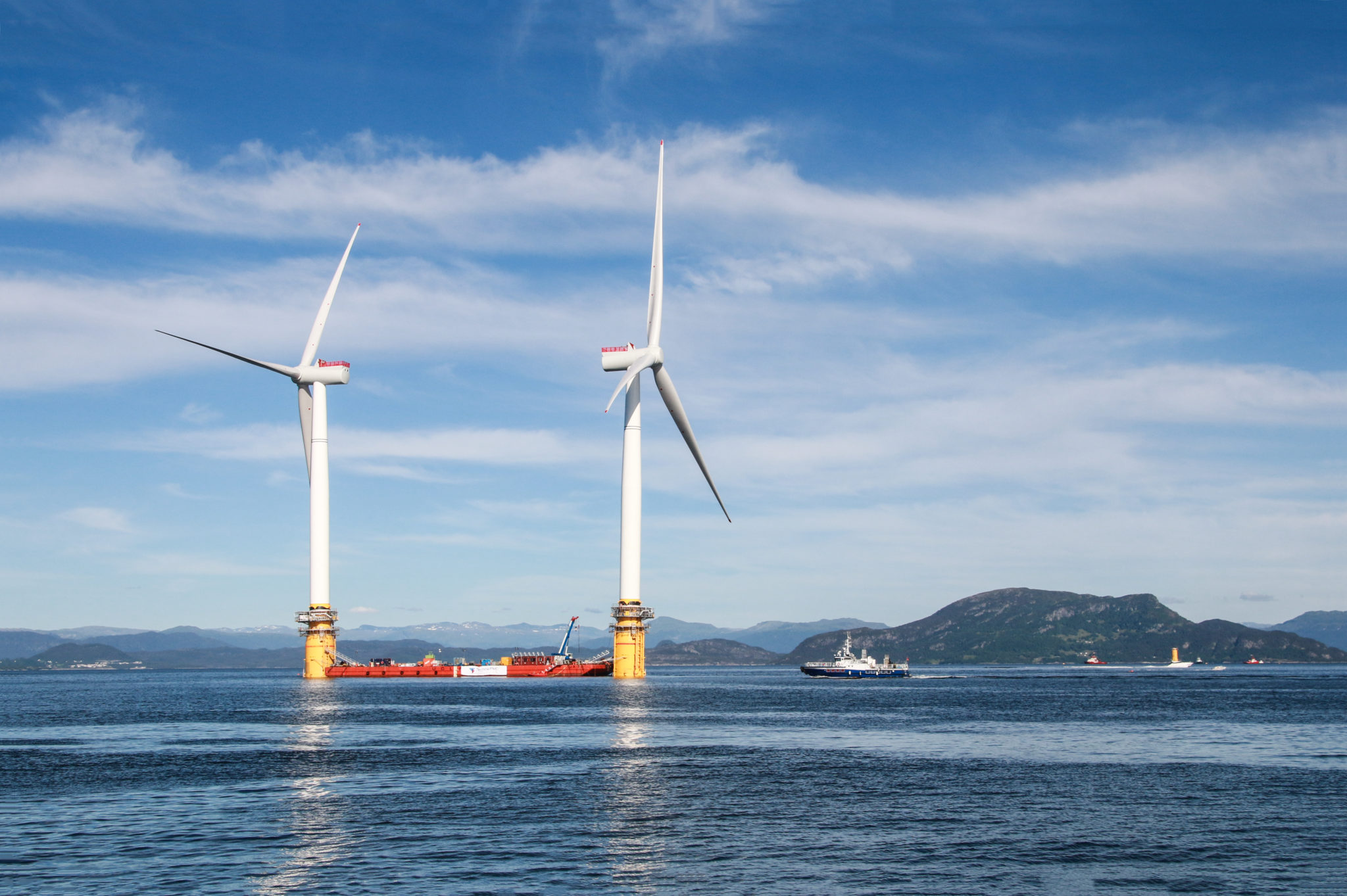A new dawn for the energy market? COVID-19, renewables financing and the energy transition
Published on 2nd July 2020
The global economic paralysis caused by the COVID-19 pandemic has been felt keenly across multiple industries, leading to unprecedented government intervention to help those impacted by ensuing work shutdowns. But despite all of the grim financial figures and sobering economic forecasts for the weeks and months ahead, the renewable energy sector has stood out for its resilience and adaptability.

This staying power has been in evidence despite sector-specific challenges such as the sharp fall in energy demand across multiple jurisdictions, and the impact this has had on power prices. The drop in demand has seen renewables’ share of the overall energy mix go up – a plus for reducing carbon emissions. However, it has also led to greater swings in power price, which have in some cases gone negative. Battery storage installations, which could have helped smooth fluctuations in supply and demand, simply haven’t reached the levels of deployment yet to provide a meaningful solution. With luck, this window into the future, to a renewables-dominated market that had not been forecast for another decade, will lead regulators to re-think how flexible generation can be better incentivised to crowd in investment.
However, the global energy transition has clearly not been immune to the consequences of COVID-19, with the International Energy Agency (IEA) at the end of May forecasting that investment in renewable power projects globally will fall by around 10% this year, with construction and final investment decisions impacted by lockdown measures, supply chain disruptions and social distancing guidelines, in addition to financing uncertainty.
Yet the global health crisis could ultimately present an unprecedented opportunity to accelerate the energy transition, and there are ever growing calls from the IEA, business groups, politicians and the general public for governments to make renewable energy, decarbonisation and sustainability more broadly a core component of economic stimulus packages. The sentiment was in evidence at the start of June when more than 200 of the UK’s leading investors and corporations, co-ordinated by the Prince of Wales’s Corporate Leaders Group (CLG), sent a letter to the UK government calling on it to put forward a COVID-19 recovery plan with the environment at its heart.
Recent months will also have emphasised the value of smart monitoring technologies, forecasting tools and other forms of data analytics for maintaining assets and optimising their performance. And, with the recovery likely to bring with it a renewed focus on cost-cutting and efficiency savings, the digitization of the energy sector is only expected to accelerate.
Finally, the pandemic could also lead to a permanent change in work practices, driven by greater health awareness, sustainability considerations and cost-cutting measures.
This should play into a dawning awareness that the worst effects of COVID-19, while already a human tragedy for hundreds of thousands, and an economic one for millions, will pale into comparison compared to the consequences of letting climate change continue unabated. This, it is hoped, will further galvanise efforts to accelerate the energy transition.
Read our insight paper here that explores the following areas in more detail:
- Deal activity holding up
- European protectionism
- Availability of finance
- Power prices and PPA dynamics
- A green recovery
- Digitalisation
- Silver linings





